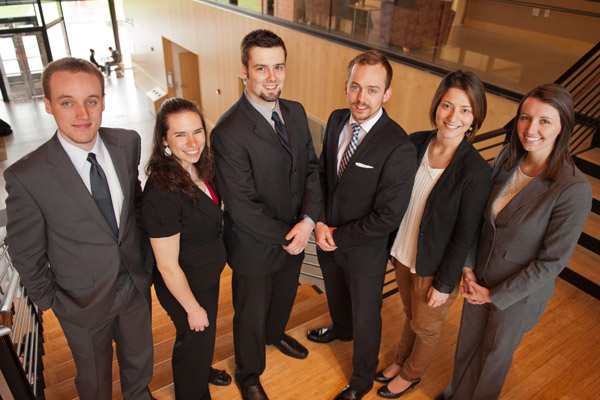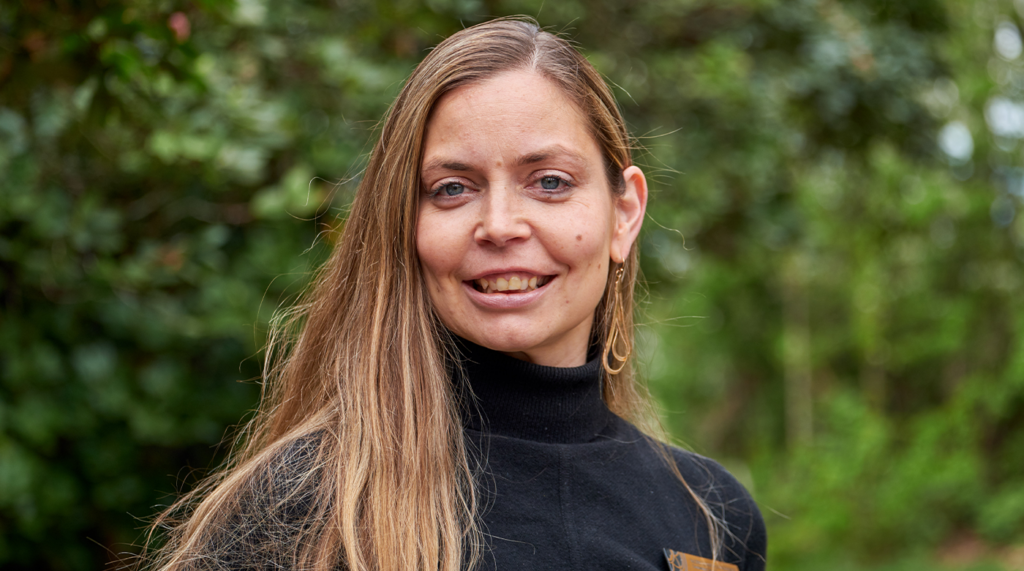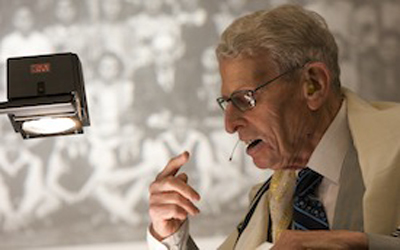Page 329 • (12,424 results in 0.068 seconds)
-
information for international students who are considering PLU’s graduate (Master’s or Doctorate level) programs See InformationInternational Pathway ProgramFor international students who do not meet the English proficiency requirement for admission See Information First Year International Students Admission Decision Priority Dates PLU has four admission decision dates – October 15th, November 15th, December 15th, and January 15th. Students who complete their application materials prior to one of these
-
Meet the PLU Dance Team Posted by: vcraker / January 18, 2022 January 18, 2022 The PLU Dance team is a dedicated group of dance students who perform a variety of styles such as contemporary, jazz, funk, and synchronized movement at halftime events for men’s and women’s athletics, as well as an annual dance concert. Learn more about PLU’s theatre and dance programs at plu.edu/theatre-dance. Read Previous PLU Clubs: Cubing Club Read Next Lutes Participate in Alumni Job Shadow Program LATEST POSTS
-
Biopiracy, Stolen Harvest and Water Wars, Dr. Shiva has made visible the social, economic and ecological costs of corporate-led globalization. Dr. Shiva’s contributions to gender issues are also nationally and internationally recognized. Her book Staying Alive dramatically shifts popular perceptions of Third World women. She founded the gender unit at the International Centre for Mountain Development (ICIMOD) in Kathmandu, and was a founding Board Member of the Women Environment and Development
-
Major Minute: Brian Galante on Music Posted by: vcraker / January 13, 2022 January 13, 2022 The PLU Department of Music is a nationally-recognized center for music education and performance in which you’ll experience an incredible array of musical styles and media. Our graduates are accepted into the most prestigious graduate programs in the country and enjoy successful careers in major performance venues, teach at other universities, and serve in arts administration roles across the nation
-

to 55 of them, counting all three years’ cohorts—come to campus only every August for 10 days, along with highly distinguished faculty. “It’s like if you mash up a boot camp and a summer camp,” Barot said. “It’s fun, but it’s incredibly rigorous.” Each student is paired with a faculty member, and from 8 a.m. to 8 p.m., they attend workshops, talks, readings and “hang out with people of their tribe,” Barot said. The rest of the academic year, students and faculty work together through
-

,” Brown said. “They are now going to walk out of PLU not only with their degree, but an understanding of all dimensions, not just the one they’re trained in.” Iren Atemad, one of this year’s participants, agrees. “One of the lessons learned in these early stages of the competition is that everything depends on everything else,” she said. “This has made me understand the complexity of the business environment and how a team of executives truly manages a business.” Finance faculty member Kevin Boeh led
-
guests to be hosted on a limited and infrequent basis. The University encourages roommates to discuss issues of privacy and personal space. It is recommended that roommates discuss courtesy guidelines for the use of their room proactively and early in the semester. If any assistance is needed, contact a residence hall staff member. Guests must not stay longer than four consecutive nights, any four nights out of seven, or any eight nights out of thirty. Visits exceeding 8 hours in a day, regardless of
-
I was going to do was to get the staff to acquire member e-mail addresses. We had 44,000 members at that point and we had 8,000 e-mail addresses. We now have e-mail addresses for most of our members and I send e-mails to them twice a month, which means that they are getting something from us on a regular basis. In order to build membership, we needed to educate faculty about who we are and what we do. So I had the staff hire 12 graduate students during the summer to collect e-mail addresses of
-

within the natural frame of the liberal arts education—a part of learning to be a vital member of the community in service to the world and others. Why do you think these needs are becoming more important? Personal and collective trauma. A need to reconnect with our bodies, with our selves and with each other in a safe space with people who “Get me“ to help make the next step in regrounding, and reconnecting with the strengths and skills to move forward into meaningful living in the unfolding new
-

acquaintances and friends. Waller recalled the opportunities he’s had to interview those on the “front-lines” of genocide—the people who actually do the killing, he said. From these interviews, Waller described murderers who were not “dead behind their eyes,” or psychotic as many people assume, but instead regular people: someone’s son, sometimes a member of faith. Waller stressed early on in his speech that “it’s ordinary people like you and I who commit this type of extraordinary evil.” He reminded the
Do you have any feedback for us? If so, feel free to use our Feedback Form.


